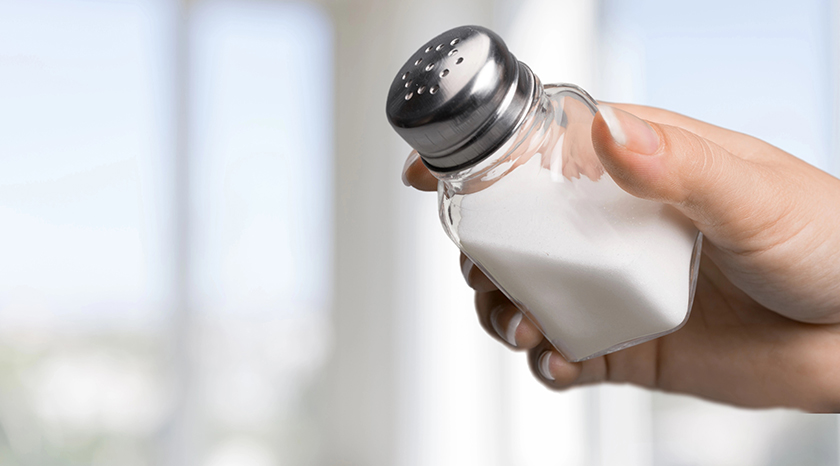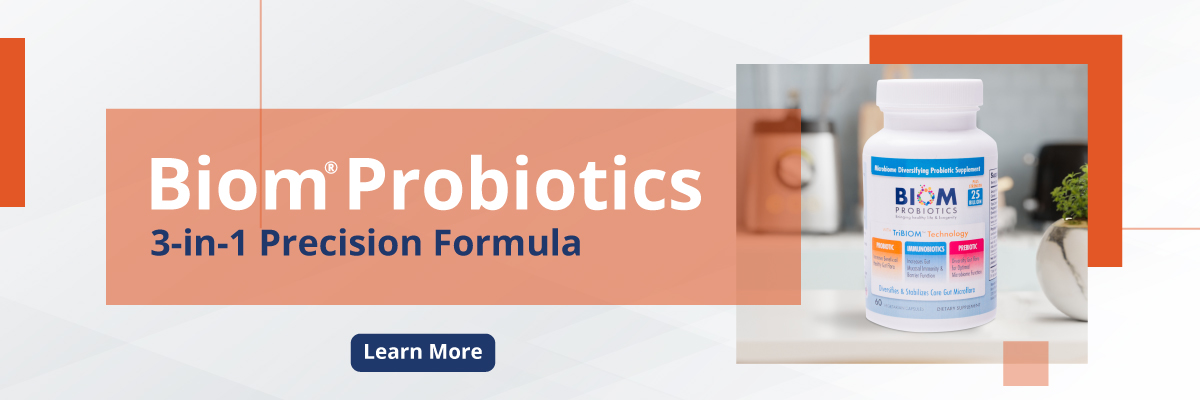By now, you know that eating too much salt can cause a slew of long-term health problems, including high blood pressure. In the short term, an extra salty meal may lead to water retention, which causes bloating.
The American Heart Association (AHA) recommends that the daily sodium intake for all Americans should ideally be less than 1,500 mg per day, and no more than 2,300 mg daily.
Here are a few examples of meals and drinks and their sodium level.
- Sport Drinks (108 – 271 mg)
- Breakfast sandwich (804 mg)
- Tuna Salad (824 mg)
- Chicken Sandwich (957 mg)
- Ham Sandwich (1 cup of ham) (1,684 mg)
- Gatorade (20oz) 270 mg
- Soda (varies) 55 mg – 80 mg
- Lean Cuisine (340-900 mg)
- Mac and Cheese (869 mg)
- Pasta Salad (900 mg)
- Chicken Soup (343 mg)
- Burger (497 mg)
- Fries (246 mg)
- Spaghetti and Meat Sauce (1,887 mg)
So as you can see almost 1 of these meals and a drink reaches the “daily suggested sodium intake”.
Low sodium foods include:
Fresh, frozen or dried fruits: Berries, apples, bananas, pears, etc. Grains and beans: Dried beans, brown rice, farro, quinoa and whole wheat pasta. Starchy vegetables: Potatoes, sweet potatoes, butternut squash and parsnips. Fresh or frozen meat and poultry: Chicken, turkey, beef or pork.
What can you do to PREVENT and RELIEVE symptoms of Bloating?
Studies have proven significant benefits of probiotics in treating IBS symptoms, including reducing bloating. The regular use of probiotics promotes healthier, regular stool which could in turn help to reduce constipation and gas that can cause bloating.
You can avoid excess sodium in your diet by using flavorful herbs instead of salt, and by reducing the amount of processed and packaged foods you eat.
Biom’s high-strength microbiome supplement works especially well for those with demanding gastro-intestinal tract issues. Equipped with advanced probiotics and Biom’s 3-in-1 TriBiom technology, every capsule is comprised of a prebiotic, probiotic, and an immunobiotic. Each of which offers distinct advantages for the digestive tract.





